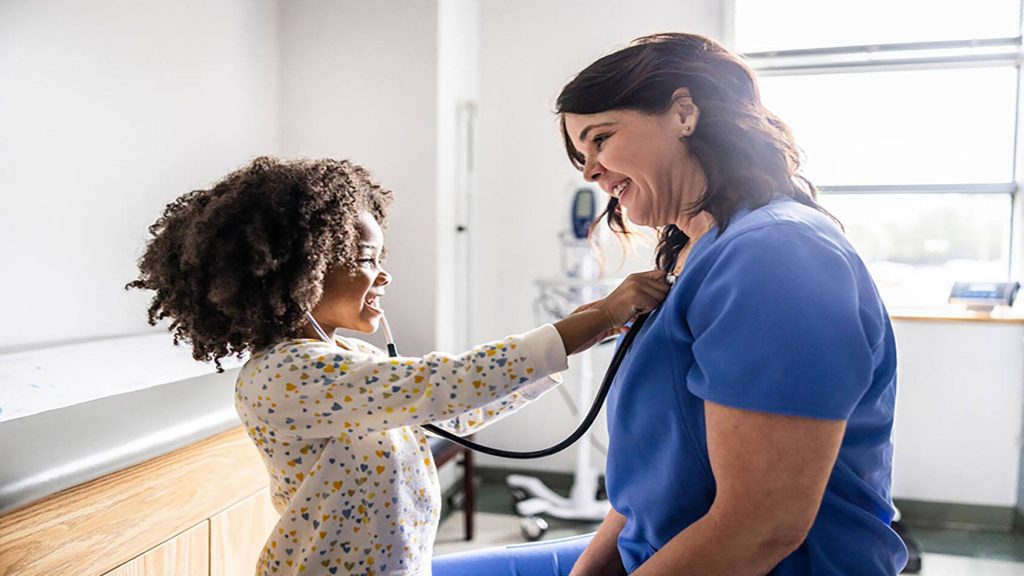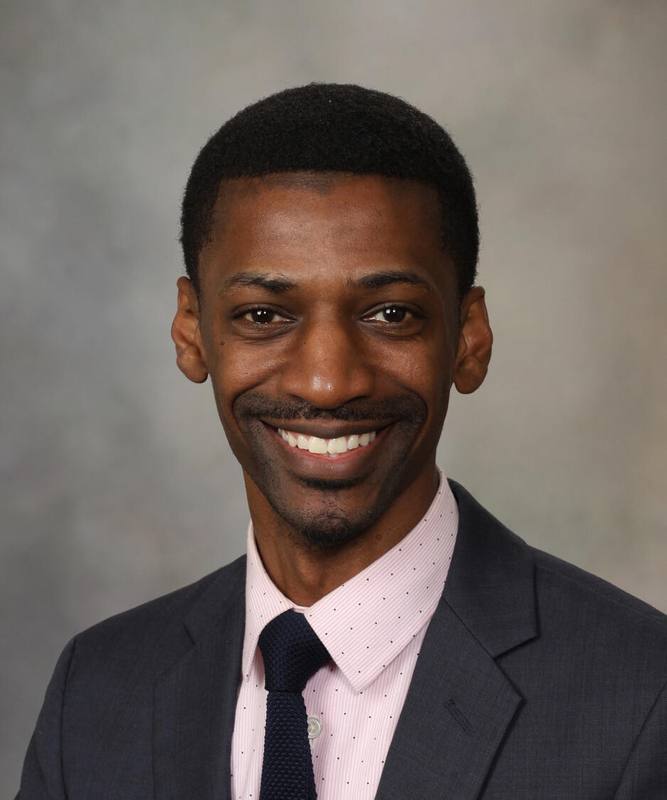-
Featured News
New debriefing tool helps improve nurse well-being

A recent Mayo Clinic study highlights how a new debriefing tool is helping to improve the mental well-being of nurses.
The tool, which goes by the acronym BONE Break, is a structured approach designed to help address the emotional and psychological distress known as Second Victim Syndrome which can be experienced by people within healthcare teams.

"Second Victim Syndrome is the emotional toll that can occur after an adverse event in the hospital," says Amberly Hess, D.N.P., lead author of the study. "It's the feeling of guilt, self-blame and trauma that can arise when a healthcare worker is involved in or witnesses an adverse patient event."
To understand the debriefing tool's impact, researchers examined its use with registered nurses (RNs) in a 24-bed inpatient unit at Mayo Clinic over a nine-month time frame.
The BONE break tool is designed to be implemented within the first 30 minutes following an event, and to offer peer support and emotional processing to the nurses involved. The nurses who participated reported that they considered over 95% of the sessions helpful.
"One of the most significant insights we gained within the study was the difference between intellectualizing and emotionally processing what happens to us," says Hess.
"When I would run the BONE Break tool, I saw the physiologic changes in nurses," she adds. "I watched the shoulders relax and release tension."
Hess emphasizes that the Mayo Clinic Robert D. and Patricia E. Kern Center for the Science of Health Care Delivery played a pivotal role in developing and evaluating the BONE Break tool.
"The Kern Center provided the framework and allowed the study to grow," says Hess.

"The nursing staff brought this study to the Kern Center and the collaboration was great," says Renaldo Blocker, Ph.D., a human factors engineering researcher and senior author of the study.
Dr. Blocker is a Robert D. and Patricia E. Kern Honored Investigator and leads a research team on cognitive engineering and neuroergonomics within the Kern Center.
Researchers note that the nurses who participated were responsible for collecting data immediately following each BONE Break session, including the type of event, such as a patient fall.
The BONE Break debriefing process consisted of the following steps.
- Buoy/Break: Nurses took a silent break or short pause to allow for space, then reflected on the statement, "You are a good nurse working in a very complex environment." Peers then offered support using phrases such as "I cannot imagine what that must have been like for you. Can we talk about it?"
- Open-Up: The nurses then invited each other to talk about the event that had just occurred: "This has to be difficult. Are you OK?" and "How are you doing after the event?"
- Needs: Nurses assessed one another’s needs following the event: "What do you need right now to be able to be successful in returning to work?" They offered each other affirmations surrounding those needs: "I believe in you."
- Exit/Evaluate: Afterward, nurses discussed the effectiveness of the debriefing before returning to the floor.
"This study highlights the importance of practitioners and scientists working together to evaluate, assess and implement these formative tools," says Dr. Blocker.
Researchers hope to expand the debriefing tool to other healthcare teams.
"This is an easy tool to implement, and it takes just a couple of people to make it happen," says Hess. "If anybody's interested in enhancing the culture of their team, this is a good tool to have available."
Review the study for a complete list of authors, disclosures and funding.
About Mayo Clinic Robert D. and Patricia E. Kern Center for the Science of Health Care Delivery
The Mayo Clinic Robert D. and Patricia E. Kern Center for the Science of Health Care Delivery collaborates with clinical areas across Mayo to create and evaluate data-driven solutions to transform the experience of health and healthcare for patients, staff and communities. It drives continuous improvement of Mayo Clinic as a learning health system, enabling safe, evidence-based, high-quality care.







